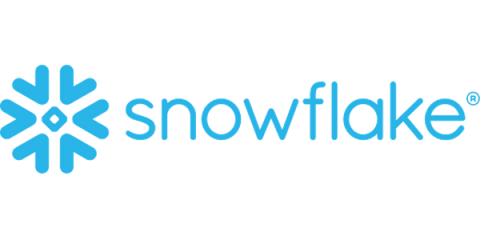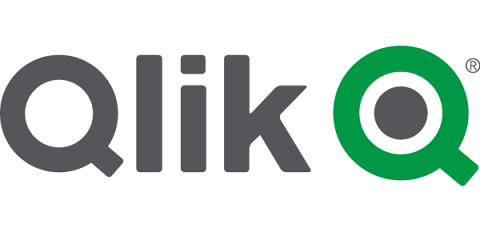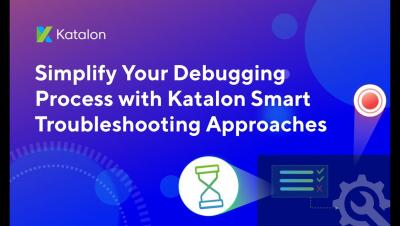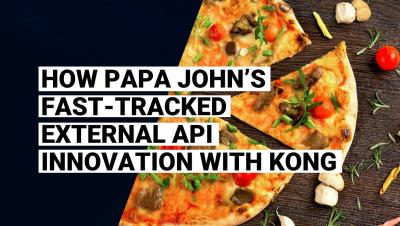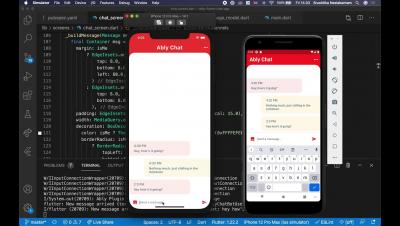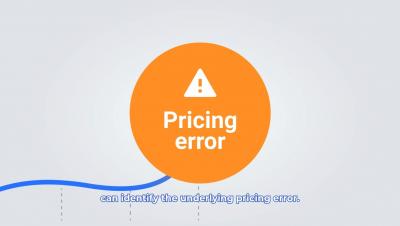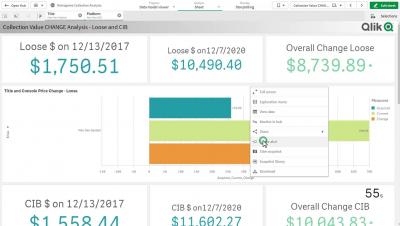Federated Learning, Machine Learning, Decentralized Data
Two years ago we wrote a research report about Federated Learning. We’re pleased to make the report available to everyone, for free. You can read it online here: Federated Learning. Federated Learning is a paradigm in which machine learning models are trained on decentralized data. Instead of collecting data on a single server or data lake, it remains in place—on smartphones, industrial sensing equipment, and other edge devices—and models are trained on-device.



